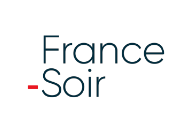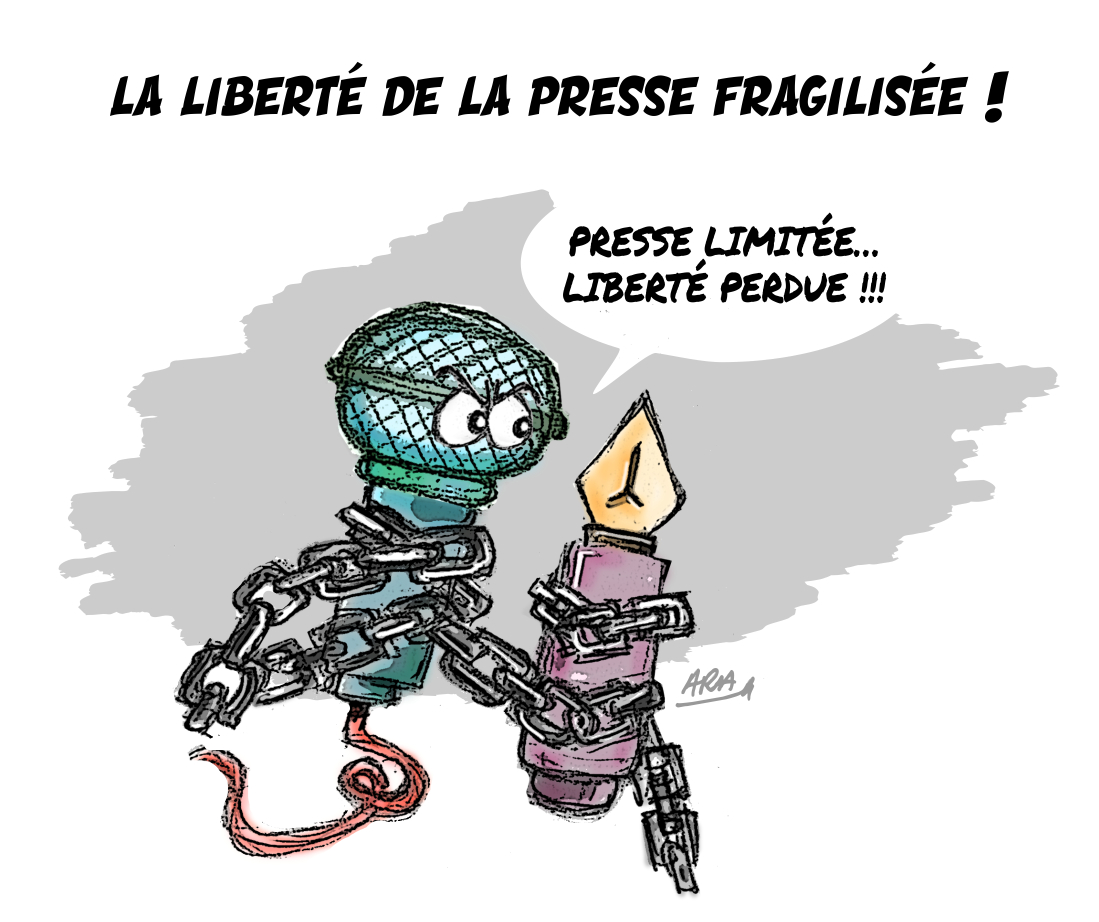Recovery trial : Brexit and overdose

Yesterday, Recovery the UK covid study announced with immediate effect the end of the clinical trials with hydroxychloroquine immediately. The decision was motivated by the following statement " although it is not showing toxicity or causing more deaths, this drug does not work”. A new tack after the withdrawal of The Lancet’s study that had qualified hydroxychloroquine as dangerous and lethal. The last 10 days will have seen a number of contradictory news, far from reassuring for the population.
Let's take a look at this surprising decision,
First of all let's take a look at the recent chronology (as we have been surfing from development to development for some time)
- On May 22, Mehra published in the journal The Lancet a study over 96,000 patient records, concluding that hydroxychloroquine is not only ineffective but also dangerous.
- On May 28, a release from the Recovery Control Committee indicated that there was no problem with hydroxychloroquine and therefore recommended that recruitment should be continued without interruption until the next meeting, scheduled for June 11.
- On May 29, the Indian Council of Medical Research alerted the World Health Organization about the incredibly high dosing of hydroxychloroquine in Recovery (4 times higher than that used in the Indian trials).
- On Thursday, June 4, the MHRA (counterpart of the French Autorité Nationale de Sécurité du Médicament) asked Recovery to look at the data for hydroxychloroquine, a request probably related to the announcement of the Boulware study and in the continuity of the Mehra study. The French Minister of Health had done the same on May 23, 2020, leading to a hasty suspension of the use of hydroxychloroquine.
- On June 4, The Lancet retracted the publication with an apology, and the New England Journal of Medicine (EJM) withdrew a similar publication by the same author.
- On June 4, FranceSoir denounced the study by Boulware et al. in the New England Journal of Medicine on statistical grounds among others.
- On June 5, Recovery announced the suspension of testing with hydroxychloroquine.
- On June 5, Martin Landray Head of Recovery trial was interviewed by FranceSoir.
He told us some very interesting things:
- The authors had constantly monitored the results of ongoing studies, as evidenced by the inclusion of information on Remdesivir or The Lancet study.
- This drug is prescribed at a high dose of 2400mg on the first day (that is 1860mg of active hydroxychloroquine molecule) followed by 9 days at 800mg/day.
- The doses chosen are in line with the dosages used for other diseases such as amoebic dysentery.
- This drug is not lethal.
- But this drug does not work: there was no difference between the hydroxychloroquine lot and the baseline lot.
In conclusion, there is no point in giving a drug that has no impact in the context of Covid-19. Full stop.
Exit hydroxychloroquine.
What did the results say?
“A total of 1,542 patients were randomized to receive hydroxychloroquine compared to 3,132 patients randomized to standard of care. There was no significant difference in the primary endpoint of mortality at 28 days (25.7% hydroxychloroquine vs. 23.5% usual care).
In the report, certain points attracted our attention:
- The mortality rate of the control group (23.6%) is very high compared to the 12.7% observed by Rosenberg et al. in Jama on severe hospitalized patients. This rate is 18.1% in France and 12.9% in Bouches-du-Rhône (department where Professeur Raoult is located).
- Severely ill patients , aged between 50 and 82 years, with 76% of patients requiring oxygen and among the patients, 27% were diabetics, 27% with heart problems and 22% with lung problems.
- The doses of hydroxychloroquine in the Recovery study protocol are 2400mg, in the form of 12 x 200mg tablets (i.e. 1860mg hydroxychloroquine) in the first 24 hours and 9600mg of hydroxychloroquine for the whole treatment.
However, we were surprised at by a number of facts :
- The UK maximum recommended dosage is not respected : in Great Britain, NICE sets a maximum daily dosage recommendation of 6.5mg per kg of active ingredient, i.e. approximately 500mg per person per day, for known pathologies.
- The maximum recommended dosage in the United Kingdom is almost the same as in France, the AMM in France considers the overdose rate at 25mg/kg of hydroxychloroquine, i.e. for a 75kg patient, 1875mg for one day, requiring immediate emergency hospital care.
- Recovery dosage is three times higher than in the Discovery trial: the dosage used in the Recovery trial is well above that used in the Discovery trial (800mg on the first day for an adult testing positive for Cov2 SARS) and recommended by the WMA in France.
- An important alert remained unconsidered: Indian Council of Medical Research had alerted Recovery of the potential bias created by the four-fold increase in hydroxychloroquine in the trial.
- A Chinese study published on may 15 was ignored: no reference to this study on very severe hospitalized patients that recommends 400mg/day for these patients with a very positive effect to reduce mortality and cytokine storm.
- At the IHU in Marseilles, Professor Raoult, an expert of hydroxychloroquine, recommends a dosage in line with what the AMM”s guideline in France.
- English patients with disorders requiring special attention in NICE's hydroxychloroquine guidelines. There is no confirmation that these patients had been tested Covid-19 positive. The inclusion of patients stipulates that they are suspected or confirmed only.
But why does the MHRA (equivalent to the AMM) leave Recovery with the possibility to prescribe 4 times the dose normally considered as a maximum?
Martin Landray tells us:
"There’s no recommended dosage for Covid 19 because it's a new disease."
A reasonable response, but it still does not answer why one would administer such a high dose, that according to Professor Perronne (another French Professor) is 4 times the maximum dose. Nor can we understand why the mortality rate is much higher at 25%, unless the treatment is given to patients that are so ill that they would have died anyway.
Therefore, we have to continue searching why Martin Landray told us "that the chosen dosage is in line with the dosages used for other diseases such as amoebic dysentery". Reading our interview, Professor Peronne said:
In 1975, when I did my medical internship at the Claude Bernard hospital, which was the temple of infectious diseases, I saw a lot of amoebiasis and chloroquine was no longer used to treat that disease. It is the first time that I learn that we use hydroxychloroquine in amoebic dysentery, in super-toxic doses for humans.
The classic treatment for colonic amoebiasis is the hydroxyquinoline combination of tiliquinol and tilbroquinol, the trade name of which is Intetrix. The capsules contain 50 mg of tiliquinol and 50 mg of tilbroquinol. Dosage: 4 capsules per day.
I think he confused hydroxychloroquine with hydroxyquinoline.
"This man, who calls himself a doctor, is incompetent and dangerous." This is scandalous.
Important opinions and information not followed, experts not consulted, lethal dosages and beyond French (AMM) and British (NICE) standards on patients requiring special attention.
British friends – you may be leaving Europe (much to our regret), but your government seems to serve you with a lie. Not only we would not have liked you to leave Europe but in the eventuality that you were sick with covid, we would not like you to leave this world too.
Wake up from Recovery’s hypnosis.
The Citizen’s Collective is a group of committed citizens who work collaboratively to decipher, research, analyze, verify and validate information. They come from diverse backgrounds: doctors, engineers, economists, lawyers, entrepreneurs, financial analysts, statisticians, accountants, computer scientists, professors, geeks, journalists – but above all they have a solid experience of life and an unfailing commitment to the search for truth without polemics or bias.
Sources
https://www.recoverytrial.net/files/recovery-protocol-v6-0-2020-05-14.pdf
https://jamanetwork.com/journals/jama/fullarticle/2766117
https://link.springer.com/article/10.1007/s11427-020-1732-2
https://www.recoverytrial.net/for-site-staff
https://www.recoverytrial.net/files/2020_05_28-recovery-dmc-report.pdf
https://www.recoverytrial.net/files/recovery-collaborators-meeting-2020-06-02.pdf
http://www.isrctn.com/page/french
https://www.thelancet.com/journals/lancet/article/PIIS0140-6736(20)31022-9/fulltext
À LIRE AUSSI
L'article vous a plu ? Il a mobilisé notre rédaction qui ne vit que de vos dons.
L'information a un coût, d'autant plus que la concurrence des rédactions subventionnées impose un surcroît de rigueur et de professionnalisme.
Avec votre soutien, France-Soir continuera à proposer ses articles gratuitement car nous pensons que tout le monde doit avoir accès à une information libre et indépendante pour se forger sa propre opinion.
Vous êtes la condition sine qua non à notre existence, soutenez-nous pour que France-Soir demeure le média français qui fait s’exprimer les plus légitimes.
Si vous le pouvez, soutenez-nous mensuellement, à partir de seulement 1€. Votre impact en faveur d’une presse libre n’en sera que plus fort. Merci.



